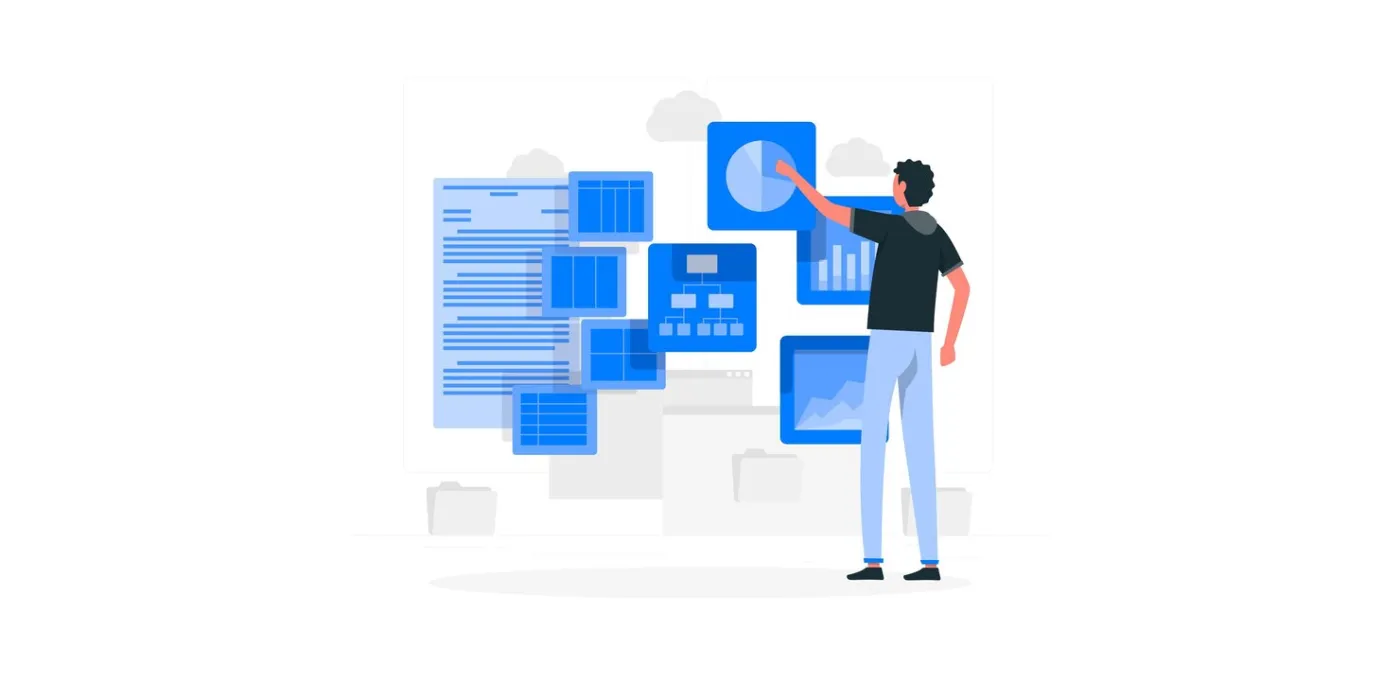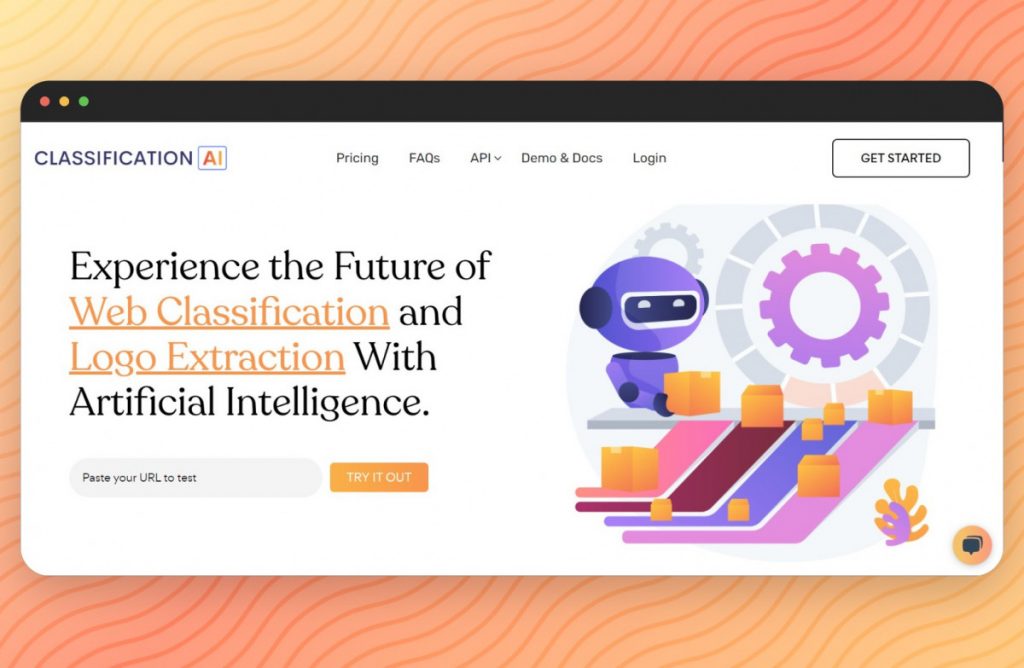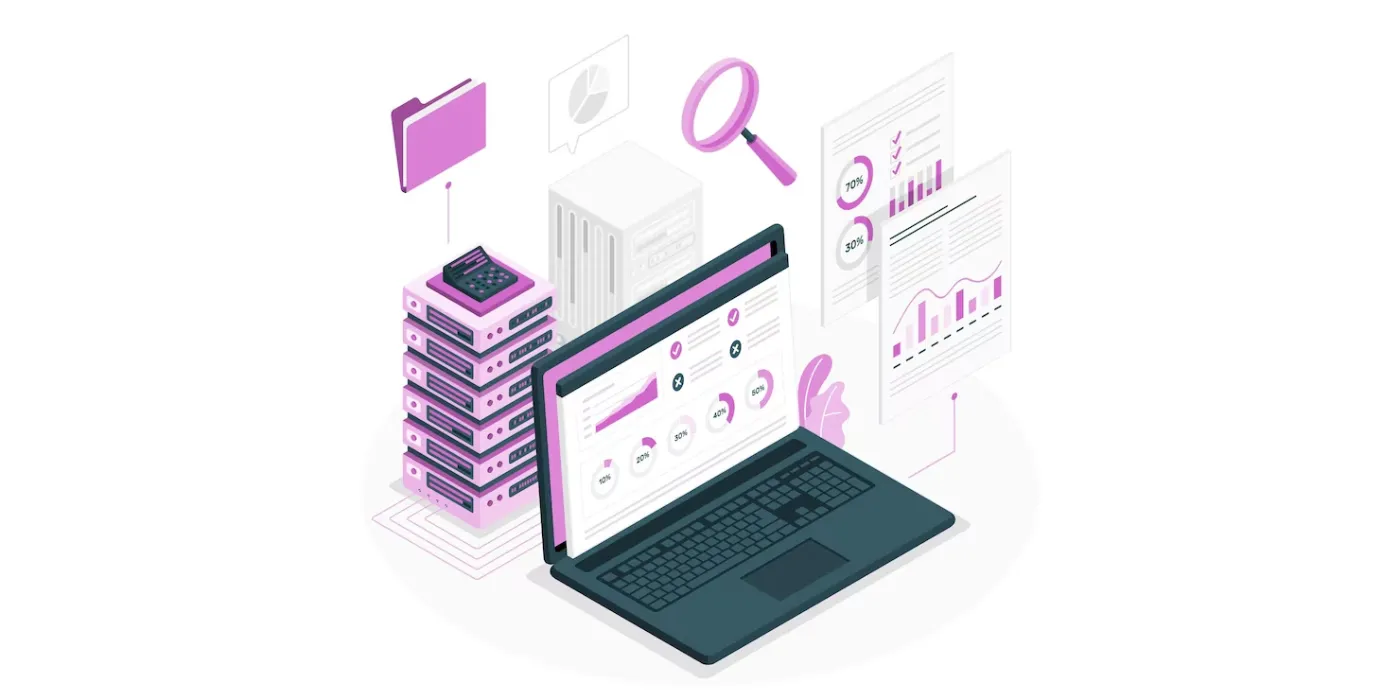In today’s digital age, data has become a valuable asset for businesses across various industries. However, with the exponential growth of data, it has become increasingly challenging to manage and extract meaningful insights from it. This is where data classification comes into play. Data classification is the process of organizing and categorizing data into different groups or classes based on specific characteristics or criteria. It enables businesses to efficiently analyze, search, and protect their data. To streamline the data classification process, many organizations are turning to data classification API. These APIs offer a range of functionalities and can be integrated into existing systems, making it easier to classify data in real-time. In this blog post, we will explore some of the most common usage cases for data classification APIs.
1. Document Classification

One of the primary use cases for data classification API is document classification. Many businesses deal with a vast amount of unstructured data in the form of documents, such as emails, contracts, reports, and articles. Manually categorizing these documents can be time-consuming and error-prone. Data classification API can automate this process by analyzing the content of the documents and assigning them to predefined categories or tags. This enables businesses to organize and retrieve documents more efficiently, improving productivity and reducing manual effort.
2. Spam Filtering
With the rise of email and messaging platforms, spam has become a major issue for individuals and businesses alike. Spam emails can clog up inboxes, waste valuable time, and even pose security risks. Data classification APIs can help combat this problem by accurately identifying and filtering out spam messages. By analyzing the content and metadata of incoming emails, these APIs can determine whether an email is legitimate or spam, and automatically route it to the appropriate folder or take necessary actions.
3. Sentiment Analysis
Understanding customer sentiment is crucial for businesses to make informed decisions and improve customer experience. Data classification APIs equipped with sentiment analysis capabilities can automatically analyze text data, such as customer reviews, social media posts, and survey responses, to determine the sentiment expressed. By categorizing the sentiment as positive, negative, or neutral, businesses can quickly identify trends, gauge customer satisfaction, and address any issues or concerns promptly.
4. Content Filtering
In today’s digital landscape, content filtering has become essential to ensure a safe and appropriate online environment. Data classification APIs can be used to automatically analyze and categorize content based on predefined criteria, such as age-appropriateness, explicit language, or sensitive topics. This enables businesses, schools, and online platforms to implement content filtering measures and protect their users from accessing inappropriate or harmful content.
5. Fraud Detection
Fraudulent activities can cause significant financial losses for businesses. Data classification APIs can play a crucial role in fraud detection by analyzing transactional data and identifying patterns or anomalies that indicate potential fraud. By automatically categorizing transactions as legitimate or suspicious, businesses can take immediate action to prevent fraudulent activities and protect their assets.
6. Personalized Recommendations
Data classification APIs can also be leveraged to provide personalized recommendations to users. By analyzing user behavior, preferences, and historical data, these APIs can categorize users into different segments or clusters. Businesses can then use this information to offer tailored recommendations, such as product suggestions, content recommendations, or personalized marketing campaigns. This not only enhances the user experience but also improves customer engagement and conversion rates.
7. Data Privacy and Compliance
Data privacy and compliance have become significant concerns for businesses in recent years, with the introduction of regulations like the General Data Protection Regulation (GDPR). Data classification APIs can assist organizations in ensuring compliance by automatically categorizing data based on its sensitivity or risk level. This enables businesses to implement appropriate security measures and controls, such as data encryption, access restrictions, or anonymization, to protect sensitive data and comply with regulatory requirements.
To make use of it, you must first:

- Go to Data Classification API and simply click on the button “GET STARTED” to start using the API.
- After signing up in Classification.ai, you’ll be given your personal API key. Using this one-of-a-kind combination of numbers and letters, you’ll be able to use, connect, and manage APIs!
- Employ the different API endpoints depending on what you are looking for.
- Once you meet your needed endpoint, make the API call by pressing the button “Run” and see the results on your screen.
Conclusion
Data classification APIs offer a wide range of applications across various industries. From document classification and spam filtering to sentiment analysis and fraud detection, these APIs empower businesses to efficiently manage, analyze, and protect their data. By automating the data classification process, organizations can save time, reduce errors, and gain valuable insights from their data. As technology continues to advance, data classification APIs will undoubtedly play a crucial role in unlocking the full potential of data-driven decision making.
Read More: Real time categorization api for development purposes

